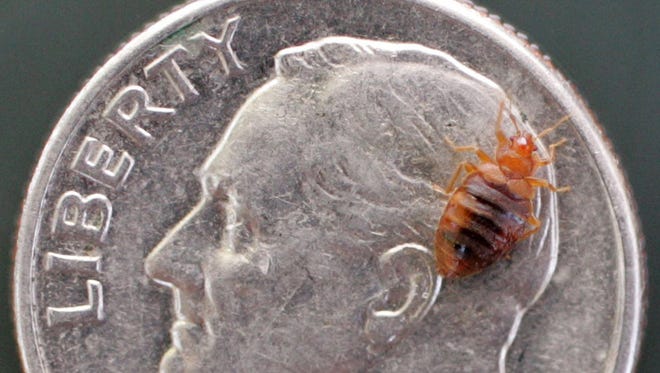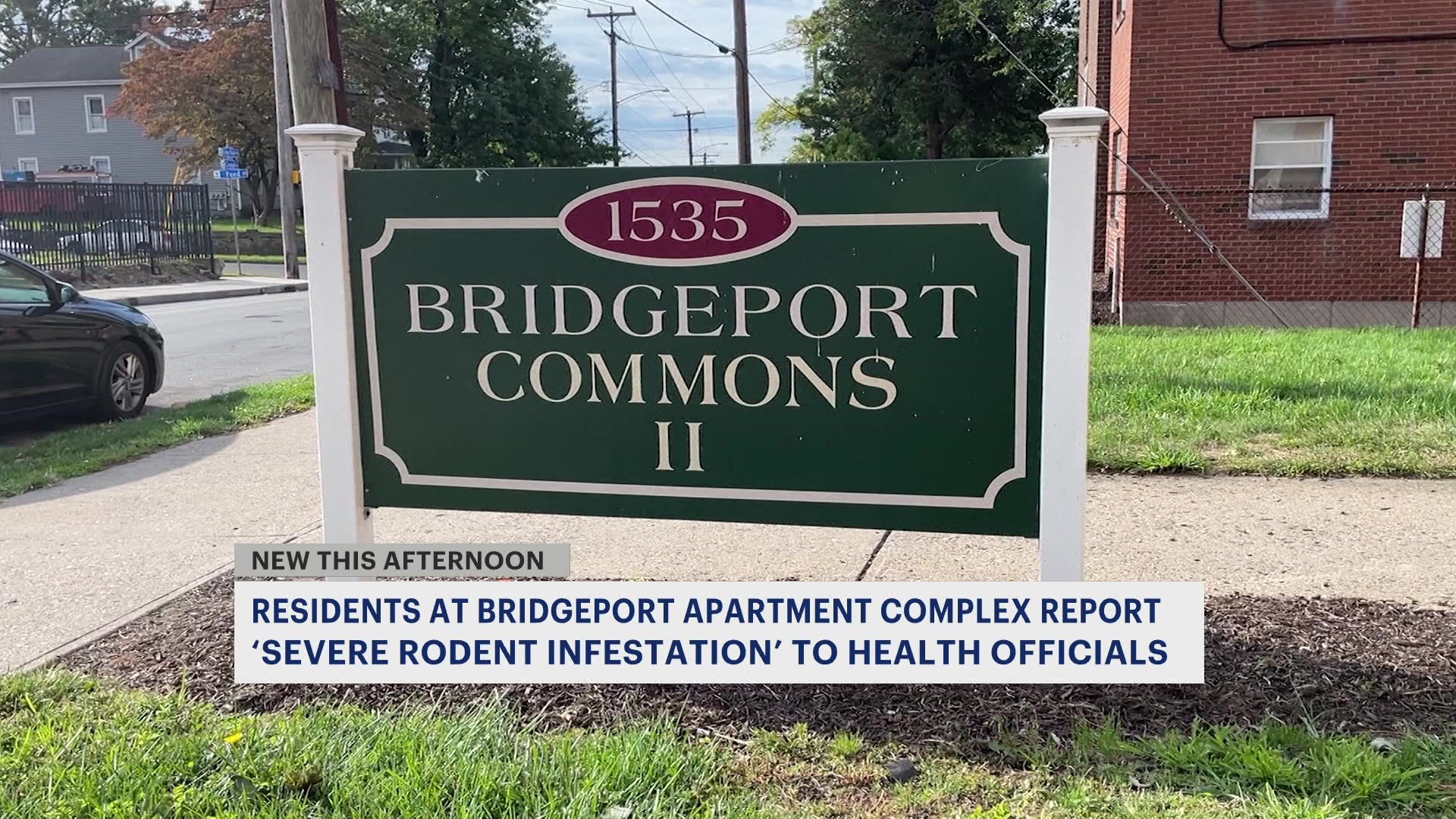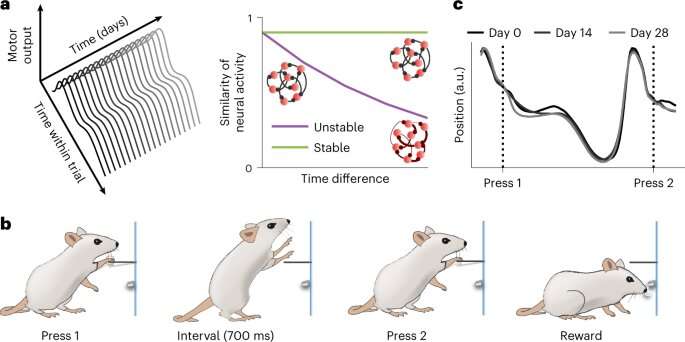The “hero rats” are being developed at the Institute of Pest Control at Sokoine University of Agriculture (SUA) in the Morogoro region.
It is part of the project ‘Centers of Excellence in Higher Education in East and Southern Africa’.
Prof Rhodes Makundi of the Pest Biology, Ecological Studies and Pest Management Center at Sokoine University says the rodents can also detect deadly weapons, land mines and narcotics.
“We are breeding and training African giant rats that were originally supposed to be able to diagnose tuberculosis, and we are improving their skills so that the rodents can also detect Covid-19 infections,” says Prof. Makundi.
The sub-Saharan giant opossums (genus Cricetomys) happen to be large muroid rodents.
Their head and body lengths range from 25 to 45 centimeters with scaly tails measuring between 36 and 46 centimeters. On average, they weigh up to 2.5 kilograms.
Prof. Makundi showed one of these huge, well-trained rats named Kennedy, born in 2014 to Mr. Myre and mother Fadil. The specimen weighs 3 kilograms.
He explained that the large mice have a lifespan of up to eight years.
The professor was speaking on the threshold of the 14th Technical and Consultative Meeting for Heads of African Centers of Excellence, coinciding with the 20th Regional Steering Committee Meeting in Arusha, Tanzania.
The scientific events are organized under the auspices of the Inter University Council of East Africa (IUCEA) with the support of the World Bank Group.
The African Center of Excellence for Innovative Rodent Pest Management and Biosensor Technology Development, run by Sokoine University in Morogoro, aims to reduce the economic impact of such pests on crops, ie crop damage and losses.





